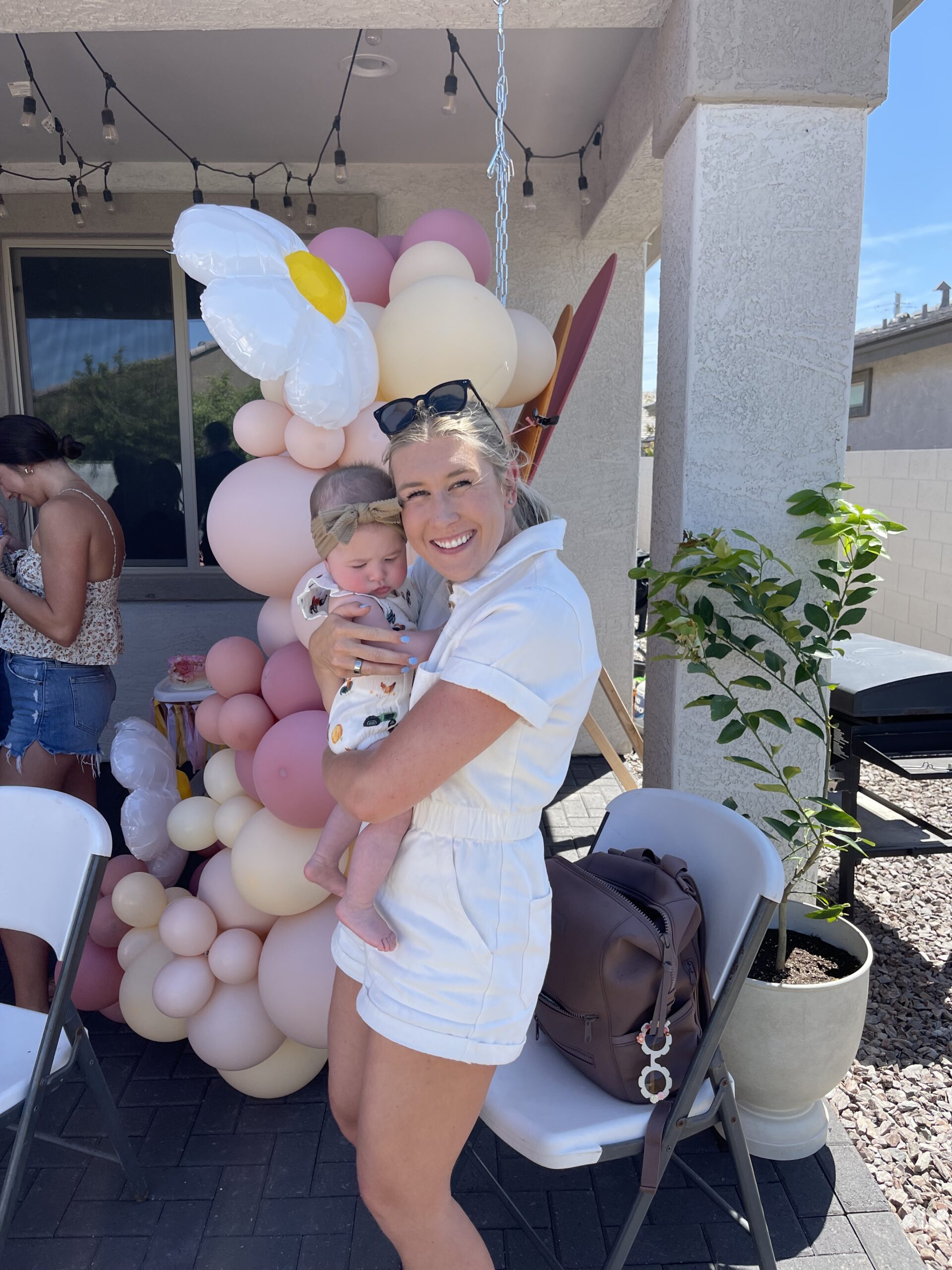Understanding Binge Eating: How to Support Your Loved Ones

Written By:
Category:
Ryann Nicole
Binge eating is a complex and challenging condition that affects many individuals, and understanding it is crucial for providing support to your loved ones who may be struggling. In this blog post, we’ll explore what binge eating is and offer insights into how you can be a source of understanding and encouragement for someone facing this issue.
What is Binge Eating?
Binge eating is characterized by consuming large amounts of food within a short period, accompanied by a sense of loss of control. Unlike other eating disorders, individuals with binge eating disorder do not engage in compensatory behaviors like vomiting or excessive exercise. It often serves as a coping mechanism for dealing with emotional distress, stress, or other underlying issues.
Signs and Symptoms
- Consuming an unusually large amount of food in a discrete period.
- Feeling a lack of control during eating episodes.
- Eating more rapidly than normal.
- Eating until uncomfortably full.
- Eating alone due to embarrassment about the quantity of food consumed.
Common Misconceptions About Binge Eating
Before discussing how you can help, it is vital to clear up any misconceptions you may have about binge eating so you are as informed as possible for your loved one.
Misconception: Binge eating is just overeating.
Truth: Binge eating is characterized by consuming large amounts of food in a short period, accompanied by a feeling of loss of control.
Misconception: Only overweight or obese people struggle with binge eating.
Truth: Binge eating can affect individuals of any weight, and it’s not always visibly apparent.
Misconception: It’s just a lack of willpower.
Truth: Binge eating is a complex mental health issue, often linked to emotional, psychological, or biological factors, not just a lack of self-control.
Misconception: Everyone who diets experiences binge eating.
Truth: While dieting can be a trigger, not everyone who diets develops binge eating disorder. It’s a distinct condition requiring specific criteria for diagnosis.
Misconception: People who struggle with binge eating are lazy or lack discipline.
Truth: Binge eating disorder is a legitimate mental health condition, and individuals struggling with it may face significant challenges that extend beyond willpower.
Misconception: Binge eating is just a phase that someone will grow out of.
Truth: Binge eating disorder is a serious condition that often requires professional help for effective treatment.
Misconception: It’s the same as bulimia.
Truth: While both involve episodes of overeating, bulimia involves compensatory behaviors like vomiting or excessive exercise, whereas binge eating does not.
Misconception: You can easily spot someone with binge eating disorder.
Truth: Individuals with binge eating disorder may not exhibit noticeable physical signs, making it challenging to identify solely based on appearance.
Understanding these truths can contribute to a more compassionate and informed approach to supporting individuals dealing with binge eating disorder.
How Can You Help?
If you have never struggled with binge eating, you may think the best way to help is to keep certain foods out of the house or to create some form of weight loss accountability with your loved one. As someone who struggled with binge eating and is a binge eating therapist, I will tell you right now this will only fuel your loved one to binge more. Rather, here are things you can do that will actually help:
Educate Yourself
Take the time to learn more about binge eating, its causes, and its effects. Understanding the condition is the first step toward providing meaningful support.
Be Non-Judgmental
Approach the conversation with empathy and without judgment. Individuals struggling with binge eating often experience feelings of shame, and a non-judgmental attitude can create a safe space for them to open up.
Encourage Professional Help
Suggest seeking professional support, such as therapy or counseling. A mental health professional with experience in eating disorders can provide the necessary guidance and strategies for recovery.
Promote Healthy Coping Mechanisms
Help your loved one explore alternative ways to cope with stress or emotional challenges that don’t involve binge eating. Encourage activities like journaling, exercise, or mindfulness.
Foster a Healthy Relationship with Food
Avoid discussing dieting or weight loss, as these topics can exacerbate feelings of shame. Focus on fostering a positive and balanced approach to food, emphasizing overall well-being.
Be Patient and Supportive
Recovery from binge eating is a process that takes time. Offer consistent support, patience, and understanding. Celebrate small victories and acknowledge their efforts.
Binge eating is a serious condition that requires compassion, understanding, and professional support. By educating yourself, approaching the conversation with empathy, and encouraging your loved one to seek help, you can be a vital part of their journey toward recovery. Remember that your support, understanding, and patience can make a significant difference in their healing process.
Must Read Books To Learn More
Just so you know, I do review everything I recommend. When you buy through links on this page, we may earn a commission.
Intuitive Eating by Elise Resch and Evelyn Tribole
When it was first published, Intuitive Eating was revolutionary in its anti-dieting approach. The authors, both prominent health professionals in the field of nutrition and eating disorders, urge readers to embrace the goal of developing body positivity and reconnecting with one’s internal wisdom about eating―to unlearn everything they were taught about calorie-counting and other aspects of diet culture and to learn about the harm of weight stigma.
Health At Every Size by Lindo Bacon
Fat isn’t the problem. Dieting is the problem. A society that rejects anyone whose body shape or size doesn’t match an impossible ideal is the problem. A medical establishment that equates “thin” with “healthy” is the problem. The solution? Health at Every Size. Tune in to your body’s expert guidance. Find the joy in movement. Eat what you want, when you want, choosing pleasurable foods that help you to feel good. You too can feel great in your body right now—and Health at Every Size will show you how.
Anti-Diet by Christy Harrison
In Anti-Diet, Christy Harrison takes on diet culture and the multi-billion-dollar industries that profit from it, exposing all the ways it robs people of their time, money, health, and happiness. It will turn what you think you know about health and wellness upside down, as Harrison explores the history of diet culture, how it’s infiltrated the health and wellness world, how to recognize it in all its sneaky forms, and how letting go of efforts to lose weight or eat “perfectly” actually helps to improve people’s health—no matter their size. Drawing on scientific research, personal experience, and stories from patients and colleagues, Anti-Diet provides a radical alternative to diet culture, and helps readers reclaim their bodies, minds, and lives so they can focus on the things that truly matter.
Just Eat It by Laura Thomas
With a perfect blend of scientific expertise and relatable anecdotes, the author dismantles societal myths around food and body image. Through practical advice, self-reflection exercises, and a touch of humor, Thomas equips readers with the tools to break free from the cycle of diet culture, promoting self-love and nourishment. This book is an essential companion for anyone seeking to redefine their approach to food, fostering a positive and sustainable lifestyle.
Ryann Nicole
Licensed Therapist, Certified Nutritionist, and Virtual Wellness Coach
Ryann is a licensed therapist and virtual wellness coach who has assisted individuals worldwide in establishing a healthier relationship with food and their bodies.
Are You Ready to Heal Your Relationship With Food?
I understand—it can be overwhelming to figure out where to begin. Let's simplify things and have you start right here:
Why Am I Overeating?
First Steps To Stop Binge Eating
The Food Freedom Lab Podcast
FREE QUIZ
FREE GUIDE
Podcast
the food freedom lab podcast




